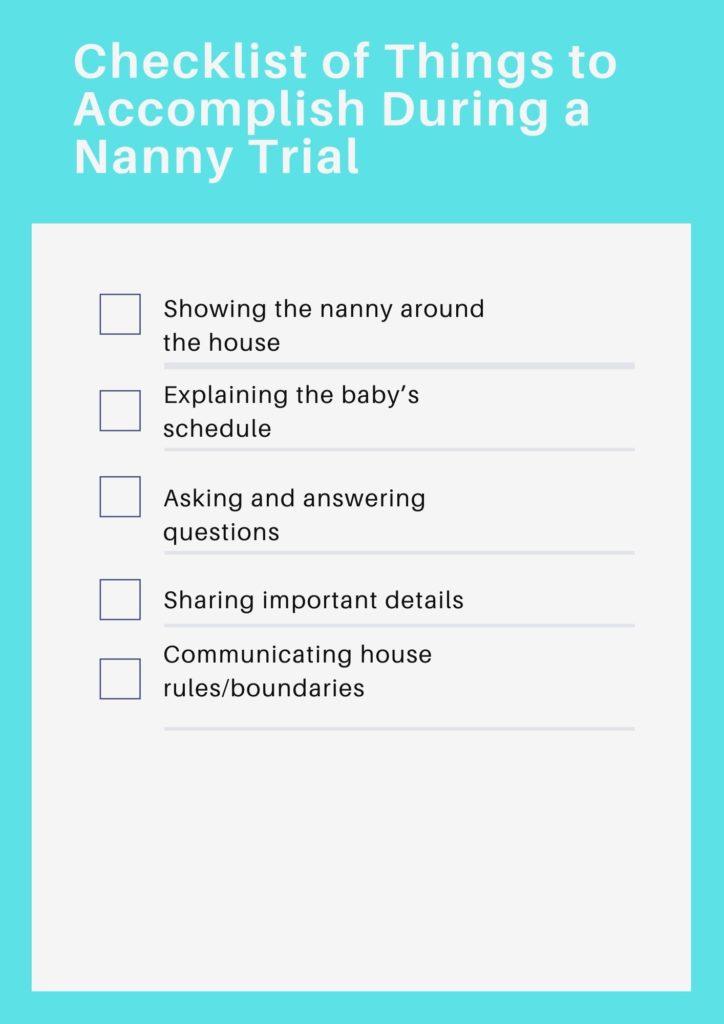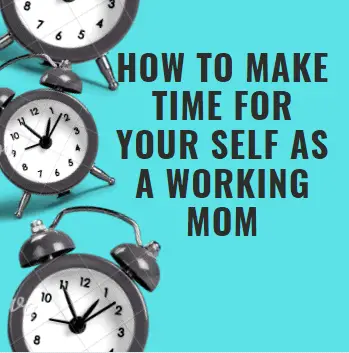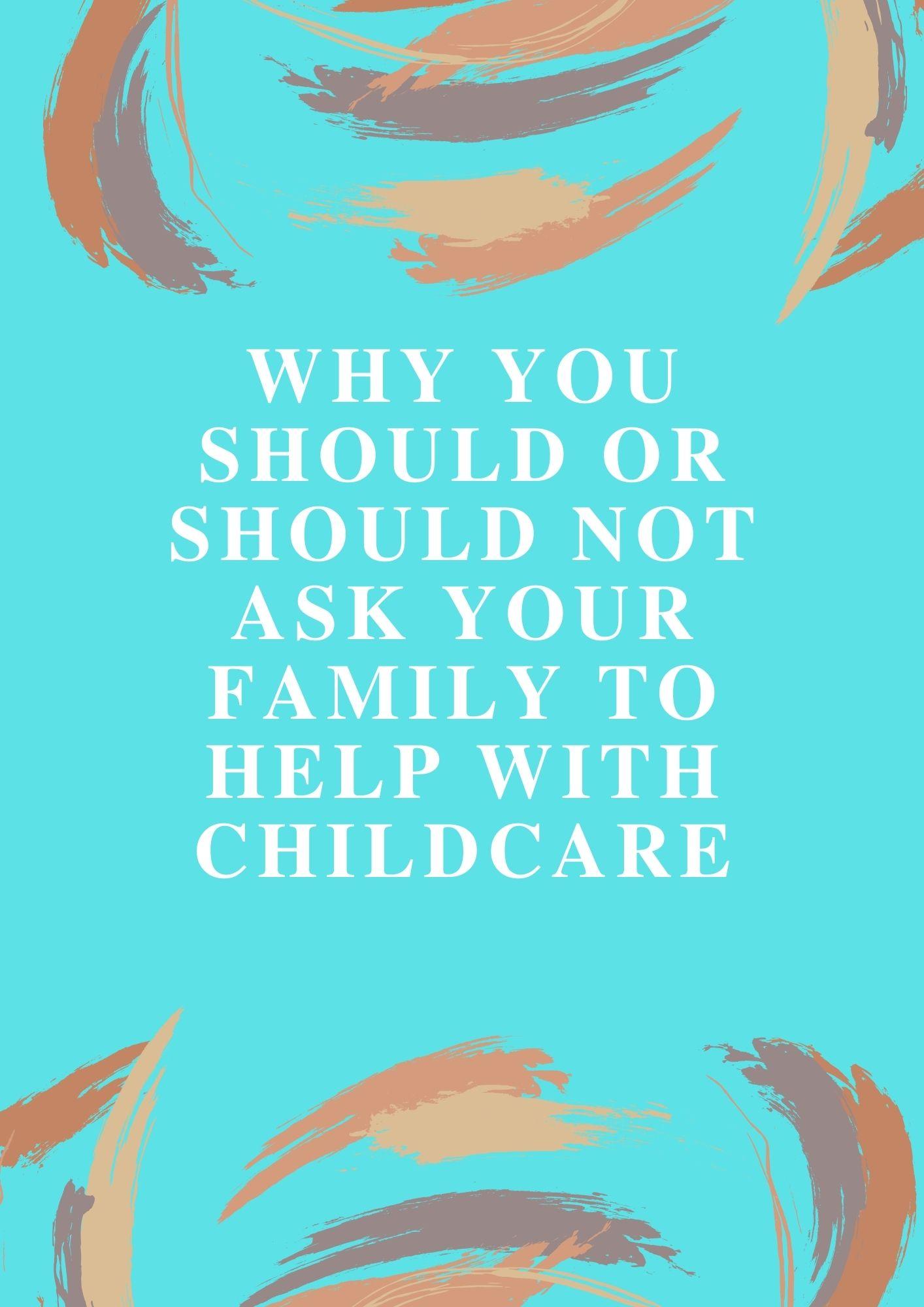The process of hiring a nanny can be very long and hectic. It starts with searching for nannies, shortlisting them, conducting interviews, and conducting a nanny trial before you can finally settle on one.
To many people, the nanny trial which is basically a test is very crucial and one of the ways of knowing if the nanny is a good match to what you need. A nanny trail helps you eliminate poor matches and get the right nanny for your child(ren).
Why a Nanny Trial is Necessary before Hiring Your Nanny
- Evaluate the performance of the nanny on the job – The trial helps you see if you are satisfied with how the nanny performs the role before you hire them. As such you need a nanny trial if you intended to get the right match.
- Conduct orientation of the house and the chores required of the nanny– A nanny trial helps the nanny adjust to the routine of her role and your house. You will find that a nanny trial makes it easy for you and your nanny to get used to the chores later.
- A nanny trial introduces the nanny to the baby and the rest of the family – It helps the baby and the nanny adjust to each other and bond faster. If you want to know how your child and family feels about the nanny, the trial is the best time to experience how they think of each other and if the nanny arrangement will work.
- Conduct a personality evaluation– It helps you decide if you really want to hire your nanny. A nanny trial is a very opportune time to assess and vet your nanny based on how they present themselves and go about their job.
- See if your nanny is the right match– It is important you hire a nanny that matches the role that you have. You can only decide this when you see them at work during a nanny trial.
- Let the nanny decide if you are the right match for her – A nanny trial will help the nanny decide if she wants to take the job or not before she is hired.
Read: Getting Ready for Nanny’s First Day
Things to Do/What to Include in a Simple Nanny Trial
A nanny trial is basically aimed at easing your nanny into her job and sharing crucial job information that will allow the nanny to look after the baby most effectively and efficiently.
To make it successful, you should ensure that you go through the below list of tasks. Your schedule should include;

1. Show the Nanny Around the House
A house tour is important and the first thing you should do during the nanny trial. The nanny needs to know which room is the washroom, the baby’s room, laundry room, etc. She also needs to know where things are kept so ensure you show her where the baby bottles are, among others.
2. Explain the Baby’s Schedule
The main reason you are hiring a nanny is to take care of the baby. You therefore must take the nanny through the baby routine and schedule during the nanny trial. You need to explain to things such as meals, napping, playtime among others.
Be clear on this part and encourage your nanny to seek clarifications if need be. It will help avoid the mistake of hiring a nanny who is not able to care good care to the baby. If you have a printed schedule, the better.
3. Ask Questions around Childcare
It is possible that you will have questions for your nanny. You may need clarifications from the interview stage. The nanny trial is still part of the hiring process so feel free to ask as many questions as you feel are necessary.
Some critical questions to ask the nanny during the trial include;
- How was it like working for your previous employer? Why did you leave?
- Why are you interested in working for my family?
- What training have you undergone?
- What licenses and certifications do you have?
- How do you calm a fussy baby?
- How do you put a baby to sleep
- How do you deal with life pressure or deal with challenges?
- Where do you live? With whom?
- What are your hobbies? What do you do for fun?
- Do you have kids/family?
- For how long do plan to be with us?
Also give the nanny a chance to ask questions and seek clarifications from you. It is a good sign since an experienced qualified nanny will have questions about the job and some issues that need addressing.
From the answers to the above questions, you can a clearer picture of who the nanny is and if you would love them to work for you or not.
Read: Building Trust with your New Nanny
4. Share Important Details with Nanny
Your nanny will become part of your family once hired. By the fact that they work from your house, your nanny will need details such as emergency contacts numbers.
However, keep it simple at this moment to what is crucial. Other details may include Wi-Fi passwords, and access codes, among others which you may share along the way after you have trusted the nanny.
5. Communicate House Rules & Boundaries
For you to have an effective and professional working relationship with your nanny, you will need to have boundaries from the start during the nanny trial. You must communicate what she can or can’t do, where she can or can’t go among other things.
It is very important to communicate this now during the nanny trial rather than later. It will help both of you decide if you are the right match. You will avoid the mistaking of taking on the wrong nanny.
Read: Setting Nanny Boundaries
Hiring Mistakes to Avoid During Nanny Trial
It is possible for nannies to show up for the nanny trial but lose interest in the job or not accept the job when offered. Mostly its because she had a bad experience on her trial, possibly due to the mistakes made by the hiring mom.
Avoid these hiring mistakes during a nanny trial;
1. Do not Stretch the Nanny Trial too Long
A short nanny trial is the best and most impactful than a long one. An ideal nanny trial should be half a day. Typically 2-4 hours are adequate to complete the above checklist and have information on which to base your decision on.
A whole day trial is too draining and the tension may make it awkward. Going over 4 hours during trial is too much and overwhelming for you and the nanny. It will have both of you too exhausted and drained from the first meeting anxiety and awkwardness.
Keep it simple and short. Start with showing the nanny around the house, running through the baby schedule, talking about the job, then leaving the baby with the nanny for an hour or two. Within this time, you will have decided if this is the right nanny to hire.

2. Avoid Taking too Much Nanny Space
Denying the nanny space is a common hiring mistake most moms do. You need to give your nanny space with the baby during the trial. There is no need to give the nanny the baby but keep popping in to check on them and interfering.
It’s important to let the nanny be solely responsible for the baby without you hovering around. Too much interference may put off the nanny and adds more to the awkwardness. It communicates that you don’t trust her to the care she is giving your baby.
3. Avoid Vague Communication/Expectations
For any task that you want your nanny to do it during the trial, you should show the nanny how to do it and leave her to it. Lack of instructions may lead to poor completion of the task, making them feel incompetent and hate the job.
Whatever it is, practically run the task with the nanny and let them carry on from here. It could be folding baby clothes, wearing the baby, or making their food.
Also when communicating;
- Be realistic– Avoid bizarre expectations. Be as direct as possible with expectations as it makes you both feel secure.
- Communicate expectations– List out what you expect the nanny to be handling on her job. Also, communicate that she can take a break if she is too overwhelmed and which time is more appropriate for downtime.
- Communicate boundaries– Put it out there what the nanny can and can not do. If she can’t use the Wi-Fi, or watch TV or go to a certain room, you should communicate these boundaries then.
Read: Setting Nanny Boundaries Correctly

4. Don’t Micromanage the Nanny
Professional nannies are trained and experienced in their work. They know what they are doing and do not need unnecessary supervision and micromanagement. Micromanagement may communicate insecurities on your end and will lead to putting a good nanny.
Too much control will put them off and you may ending hiring the wrong nanny when you do this mistake. Give her 2-3 hours of uninterrupted nanny-baby time. You could rest in your room, run a few errands, or work shut away in your office, but don’t interfere.
You will be amazed by learning even better ways of doing things. Basically, try and get to know her and show her what you prefer and also see how she does it. She might not do things exactly ‘your way’ but it doesn’t automatically mean that it’s the wrong way.
Read: Signs that you Fire your Newly Hired Nanny
Red Flags to Look out for During Nanny Trial
You can be able to tell that a nanny is a poor match for your family through some red-flags. Some signs to be on the look out for that indicates a bad nanny include;
- Poor communication skills- The nanny is unable to communicate to you or your baby
- Poor bonding- Nanny is unable to connect or form a bond with your baby
- Lack of interest or enthusiasm caring for your baby – Nanny seems uninterested with the baby. it is the major red flag
- Nanny Lack of Professionalism – She arrives late to without reasonable reason
- Talks negatively about former employers – major red flag (avoid hiring such a nanny)
- Lack of integrity & honesty – They clearly lie to you
Should you Pay Nanny during Trial
It is good practice to pay the nanny an agreed amount during nanny trial. Since they have not been hired yet and are technically being interviewed, a fair and reasonable amount would be half the average rate for a nanny. If your area average rate is $20 per hour, you can pay the nanny $ 10 for the trial hours.
It is very reasonable because the nanny may need facilitation such as transport to you home and back. Whichever amount you are comfortable paying, you must agree on it with the nanny before hand.
On the other hand, you can decide not to pay the nanny, after all they are still being tested and interviewed for the job. None of us is paid for participating in the haring process in the corporate world so some moms feels there is no need to pay the nanny for the trial period.
However you must be clear on this and let the nanny know there is no payment for the hours they will be on trial.




